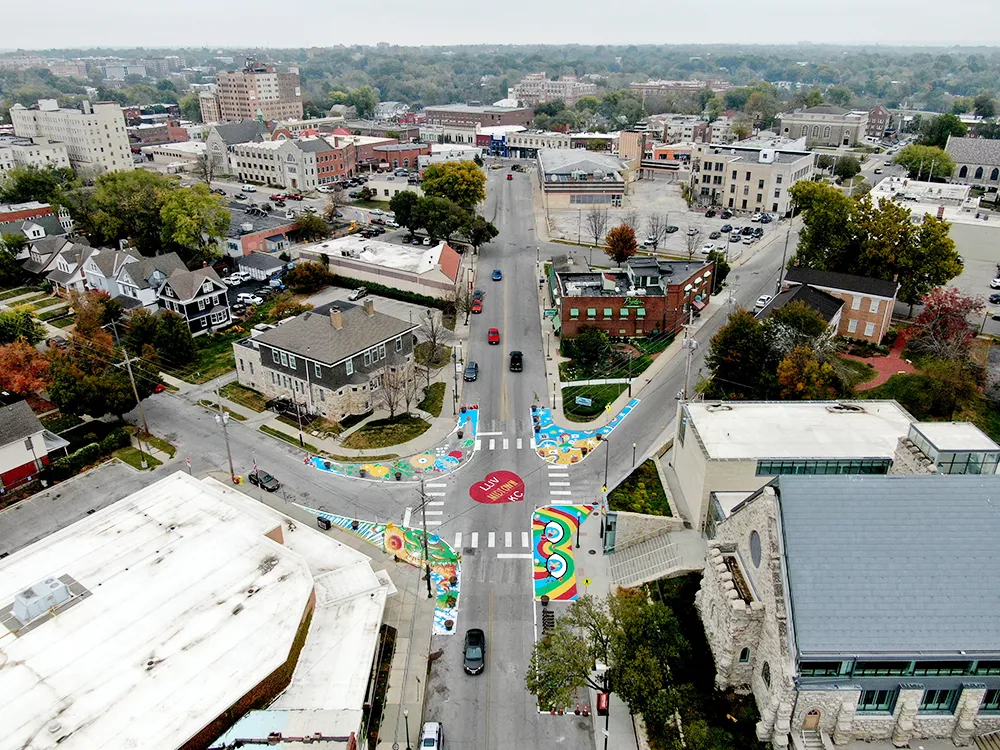The news that former French president Jacques Chirac has died, aged 86, should be of note for those in the road safety sector.
His political legacy is well known. Chirac was prime minister of France from 1974-76 and again from 1986-88, mayor of Paris from 1977-95 and finally president of France from 1995-2007. But his political reputation ended under a cloud following his suspended sentence on corruption charges.
Perhaps less well widely known, however, is that Chirac had a tremendously beneficial effect on road safety in France. Chirac was injured in a road crash in 1978 and that inspired him to institute a tough line on enforcement of laws against drink-driving and speeding in particular.
French law had previously been lax on these, with the result that the country’s annual road casualty rate was shockingly high. Chirac’s tough line on road safety started in 2002, resulting in the French police cracking down hard on offences. The result was that France’s annual road casualty rate fell dramatically – to around 5,000 deaths in 2003, down from 14,000 a year during the 1970s - and has remained much lower ever since.
It is worth noting that that there are many French people today living healthy lives, who perhaps would not have been but for Chirac’s actions. Perhaps this was not the legacy Chirac set out to achieve when he entered politics, but it is one that deserves much credit.
Road safety reformer Jacques Chirac dies
The news that former French president Jacques Chirac has died, aged 86, should be of note for those in the road safety sector.
His political legacy is well known. Chirac was prime minister of France from 1974-76 and again from 1986-88, mayor of Paris from 1977-95 and finally president of France from 1995-2007. But his political reputation ended under a cloud following his suspended sentence on corruption charges.
Perhaps less well widely known, however, is that Chirac had a tremendously beneficial eff
September 27, 2019
Read time: 2 mins










